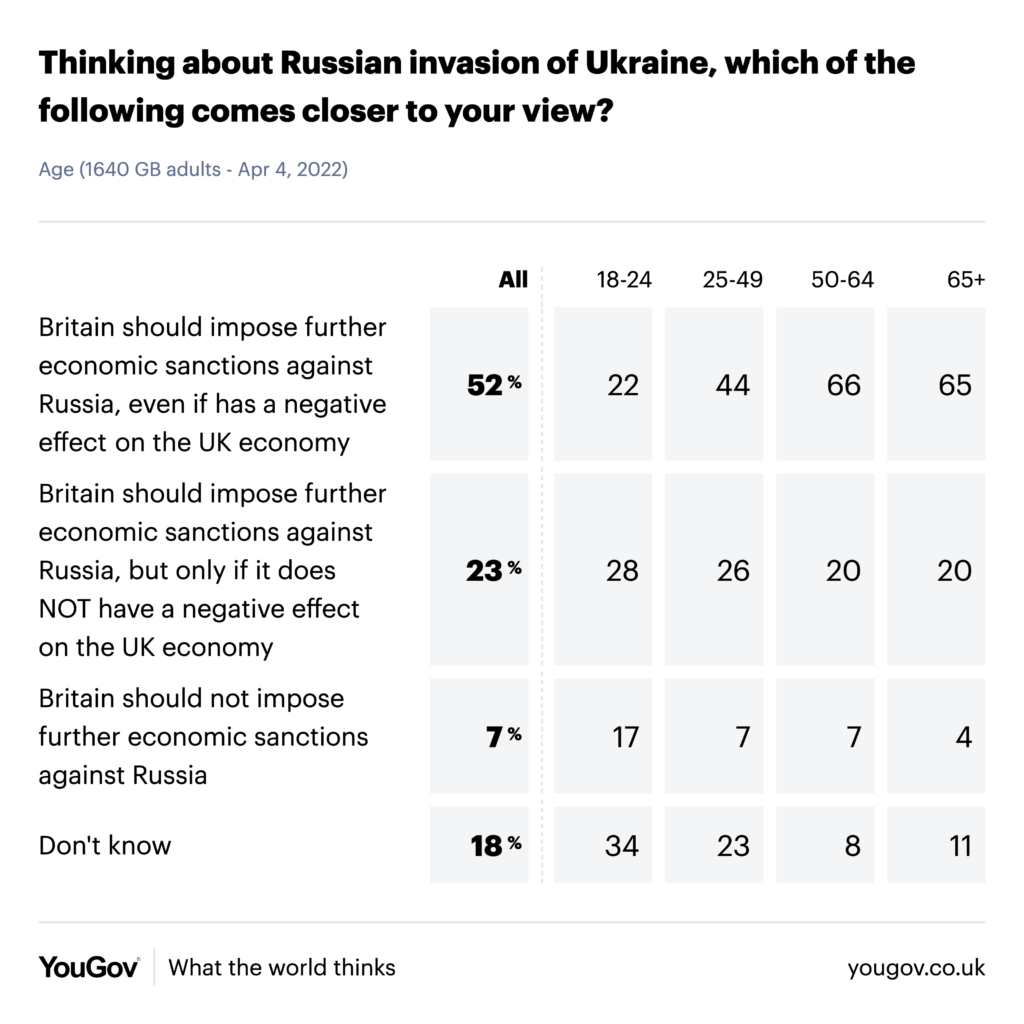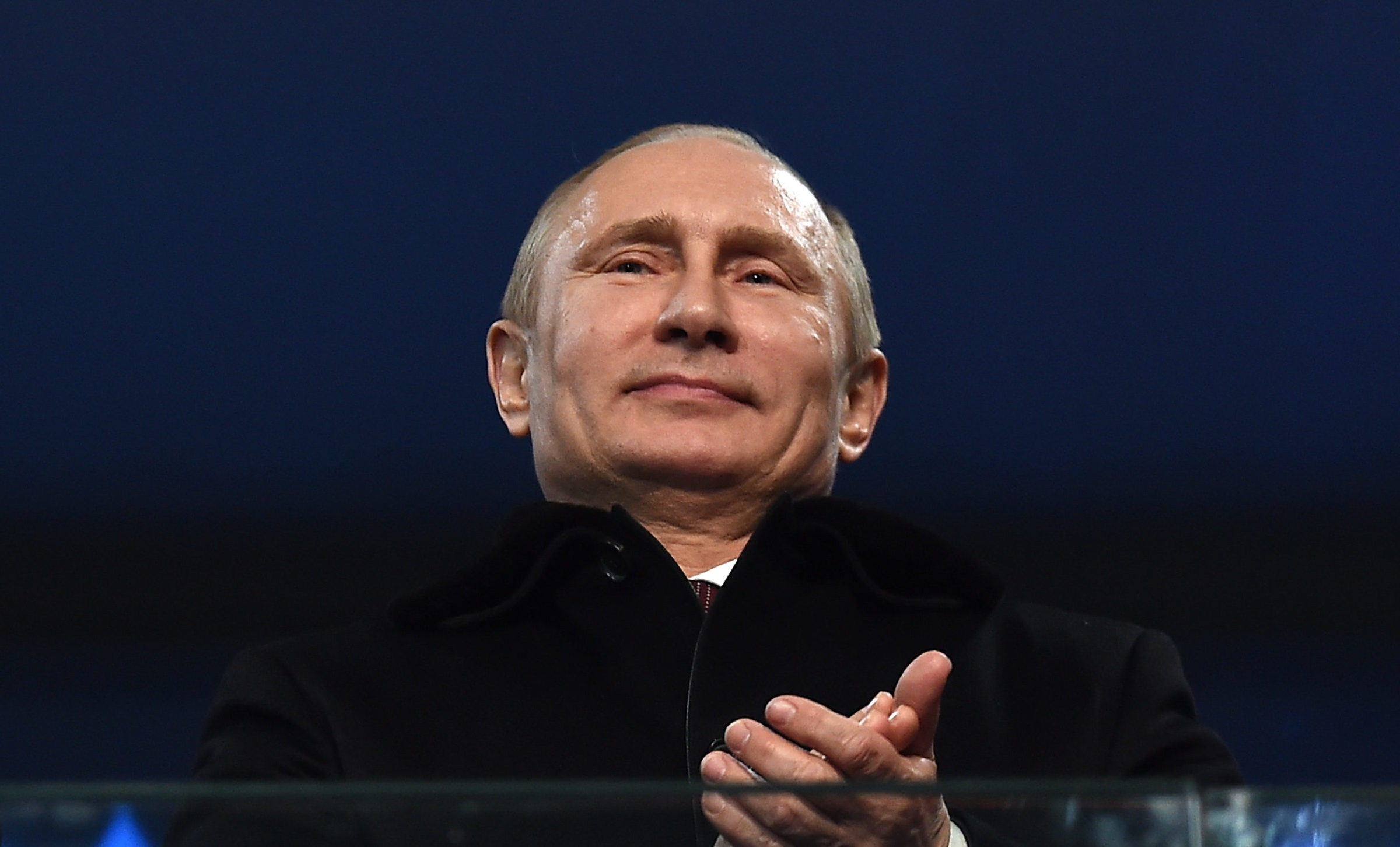There’s no doubt that Western sanctions are hurting Russia’s economy, which is expected to contract by almost 9% this year. (During the Covid recession of 2020, it shrunk by 2.7%.) However, what’s also clear is that Europe will pay a heavy price for these sanctions — not only this year, but possibly for the next decade.
Europe faces two main problems: oil and refined products are getting more expensive, and gas is getting a lot more expensive.
The former owes partly to developments that precede Russia’s invasion, such as a lack of refining capacity. But it has been exacerbated by the EU’s decision to phase out Russian oil imports. The likely effect of this, notes analyst Sergey Vakulenko, will be a costly reorganisation of global markets. Russian oil will be diverted East, while Europe will buy more from the Gulf states. As a result, both ‘Europe and Russia will suffer’.
Europe’s oil problems are small compared to its gas problems. In response to Western sanctions, Russia has completely cut off gas supplies to Latvia, Poland, Bulgaria, Finland, Denmark and the Netherlands. And the Nord stream 1 pipeline to Germany is currently operating at 20% capacity. Consequently, Europeans are paying about five times more for gas than they were last summer — a trend that may worsen going forward.
Westerners were initially enthusiastic about sanctions, perhaps assuming — like President Biden — that they would turn the rouble to “rubble”, and the war would soon be over. However, polls in Britain and the US show that as the war drags on, they are becoming less popular.
What’s more intriguing, though, looking at the polling data, is how much one variable stands out: age. The young are much less hawkish than the old.

A poll in April asked Britons whether we should impose further sanctions on Russia, even if it has a negative impact on the economy. 65% of over 65s said we should, compared to just 22% of 18–24 year olds. Likewise, a poll in March asked Americans whether they approved of US sanctions against Russia. 83% of over 65s said they did. Yet only 48% of under 30s said the same.
Is this because older people are more conservative, and conservatives are more hawkish on Russia? No. In the US, Republicans are actually less hawkish (in part because Democrats have spent the last six years blaming Trump’s election on Vladimir Putin). And in Britain, the difference between Tory and Labour voters is relatively small. Some polls find that Lib Dem voters are the most supportive of sanctions.
So what’s going on?
I would suggest that older people have a ‘Cold War mentality’. Those of us born since the fall of communism know Russia as a corrupt and authoritarian country, but not as ‘enemy number one’ (that role has been played by Islamic terrorists). The same cannot be said of people born in the 40s, 50s or 60s — for whom the Soviet Union was the greatest threat.
Supporting this interpretation, polls find that older Americans are much more likely to say Russia is an ‘enemy’. In YouGov’s latest poll, 96% of over 65s described Russia this way, compared to just 71% of under 30s.
Regardless of whether the boomers are right about Russia, Europe’s decision to boycott its main energy supplier will have profound consequences. And those may be felt more acutely by younger generations.











Join the discussion
Join like minded readers that support our journalism by becoming a paid subscriber
To join the discussion in the comments, become a paid subscriber.
Join like minded readers that support our journalism, read unlimited articles and enjoy other subscriber-only benefits.
Subscribe